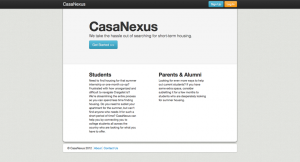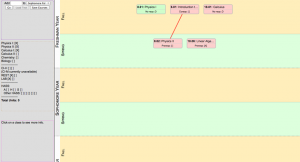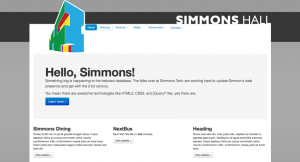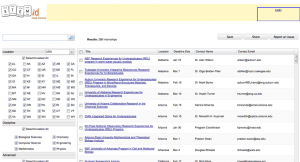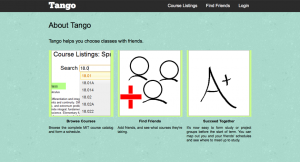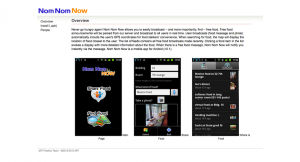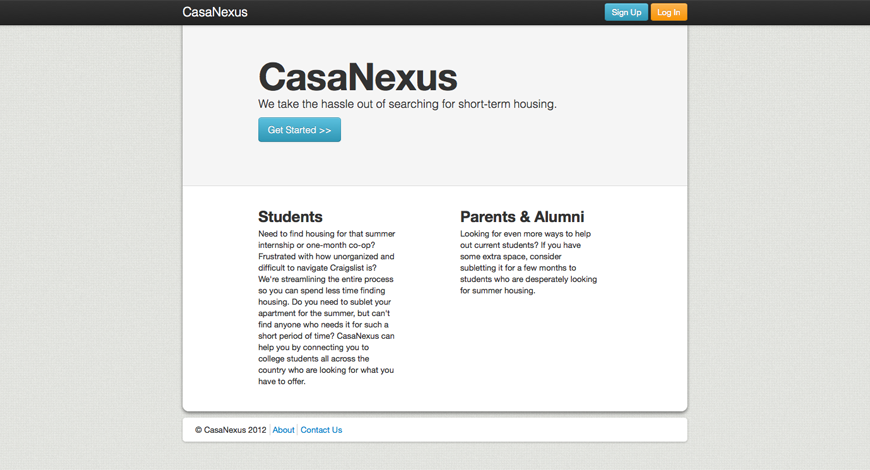As a freshman coming to MIT, many students have no clue what a terminal was or how it could be used to interact with the computer. The main computing environment available to students in Athena clusters is Ubuntu Linux. While using the terminal is not required to use the Athena computers, the ability to navigate the command line interface is a powerful tool in computing at MIT. The problem is clear: students who first are exposed to the Linux terminal on Athena do not know how to approach learning it they learn painfully slowly by accidentally hearing from someone else that a particular command exists. These students are not using the Athena computing environment to the fullest extent.
Gamification, play, and fun are arguably the most effective ways of learning a skill. The Terminus team wanted to combine play with the tedious (and often difficult) task of learning how to navigate a command line. At the same time, they wanted to throw some nostalgia at MIT students. The solution they came up with was a text-based adventure game entitled Terminus, aimed to teach the player to use the command line with basic commands. You are placed into a magical world where you are forced to explore the world with the “cd”, “ls”, and “less” spells you are allowed to “touch” objects, “mv” things, and interact with interesting characters and locations. Your tasks are numerous and interesting you are forced to explore every item you see, talk to every character, and visit almost every location. But you are allowed to do this at your own pace with minimal guidance. Rather than spinning this as a learning experience, the main goal is to have fun exploring a textbased adventure world.
They want to make the command line less scary, but at the same time riveting and engaging. With the addition of graphics, a plot line, comical text, and a set of silly challenges, we hope to immerse the user in the world, getting them more familiar with the standard commands used in a terminal interface.
Team: Michele Pratusevich ’13, Shawn Conrad, MEng ’13

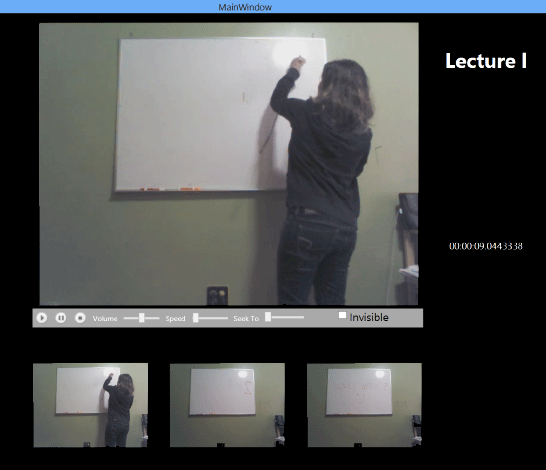
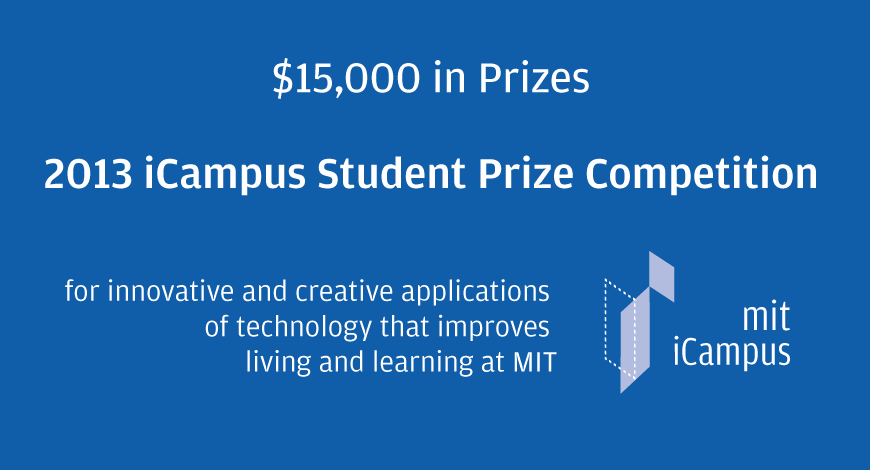
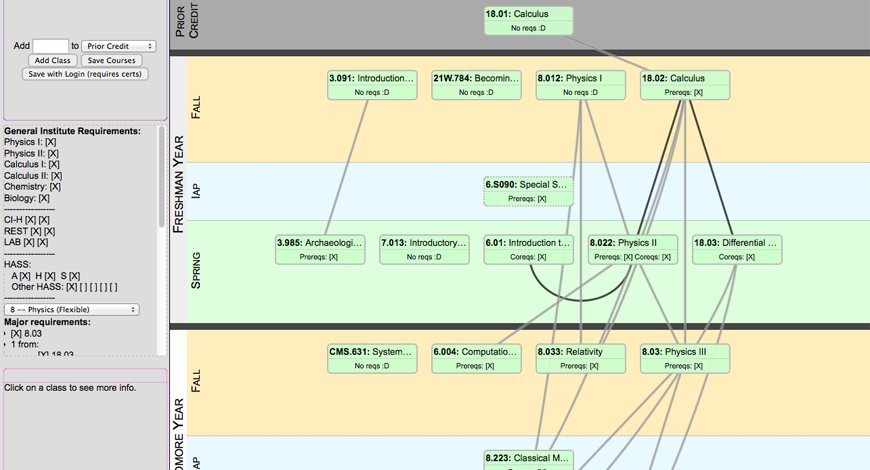
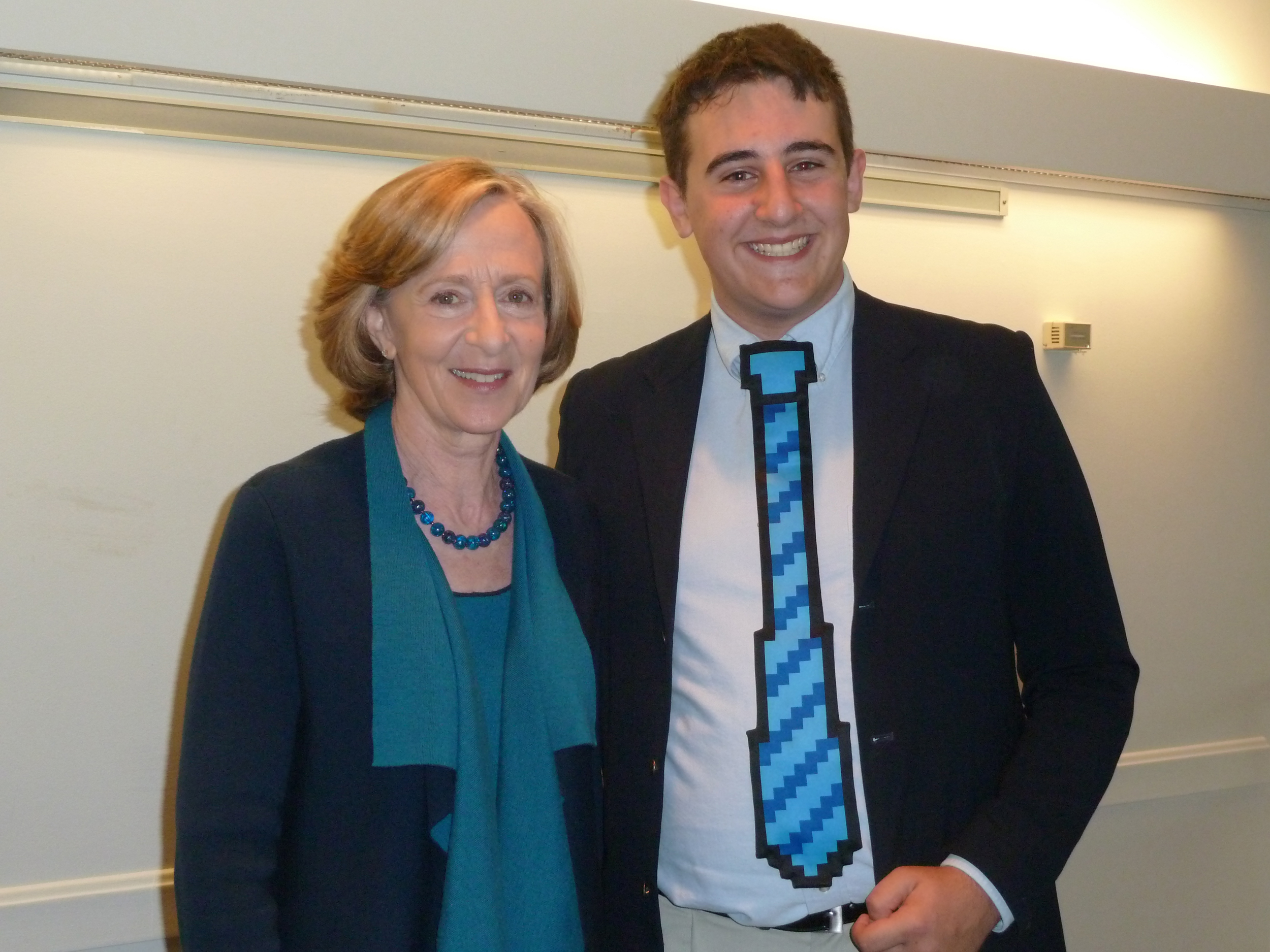
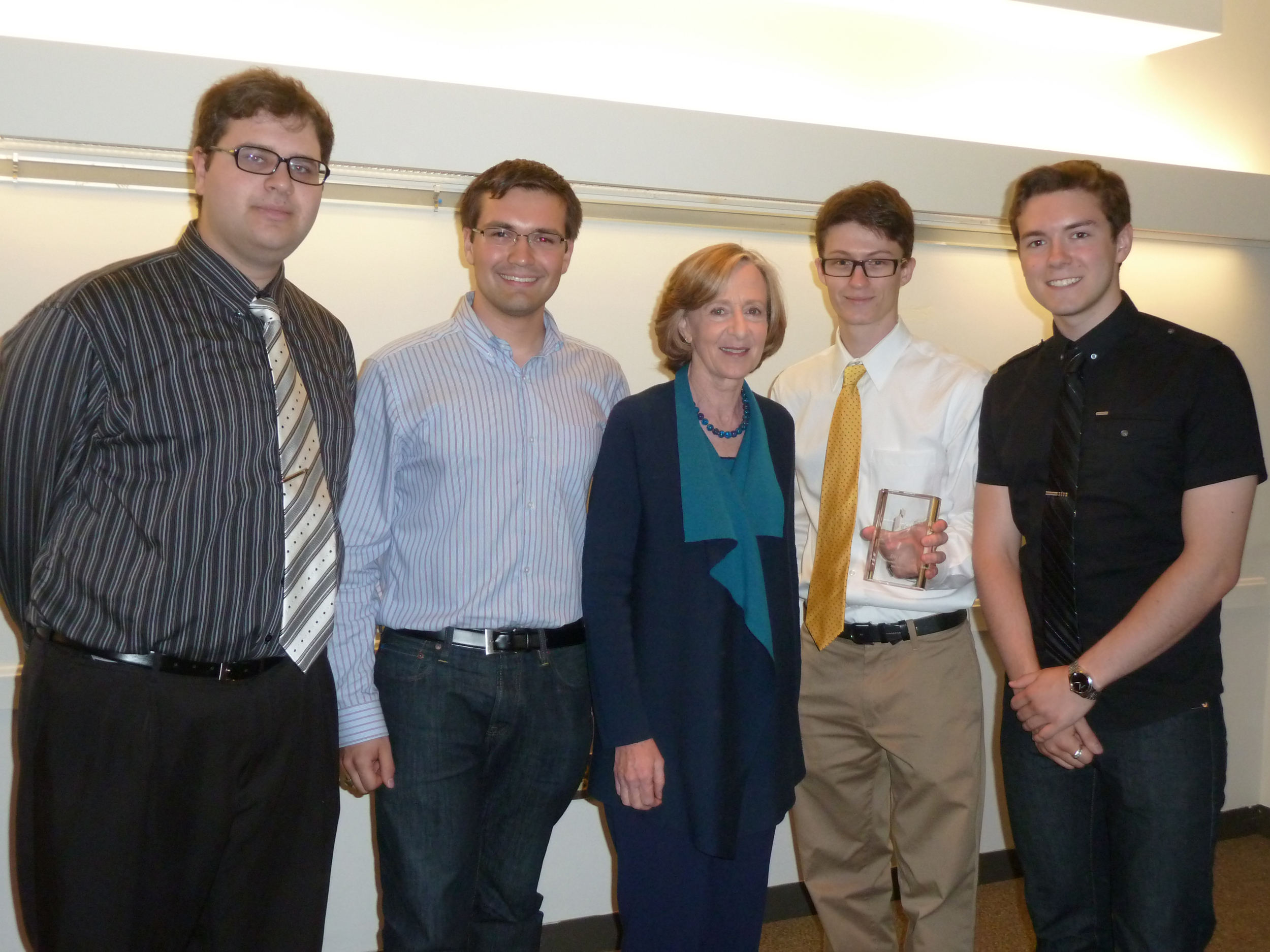
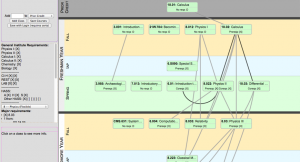 CourseRoad builds a user-friendly page where users can map out their classes through their undergraduate careers. CourseRoad presents the user with a vertical timeline of undergraduate semesters, and makes it easy to add, remove, and drag classes between terms. The site then provides a web of prerequisite and corequisite connections between the classes and visually alerts the user to any conflicts. CourseRoad is currently in beta testing. The CourseRoad team consisted of Danny Ben-David, ’15.
CourseRoad builds a user-friendly page where users can map out their classes through their undergraduate careers. CourseRoad presents the user with a vertical timeline of undergraduate semesters, and makes it easy to add, remove, and drag classes between terms. The site then provides a web of prerequisite and corequisite connections between the classes and visually alerts the user to any conflicts. CourseRoad is currently in beta testing. The CourseRoad team consisted of Danny Ben-David, ’15.

